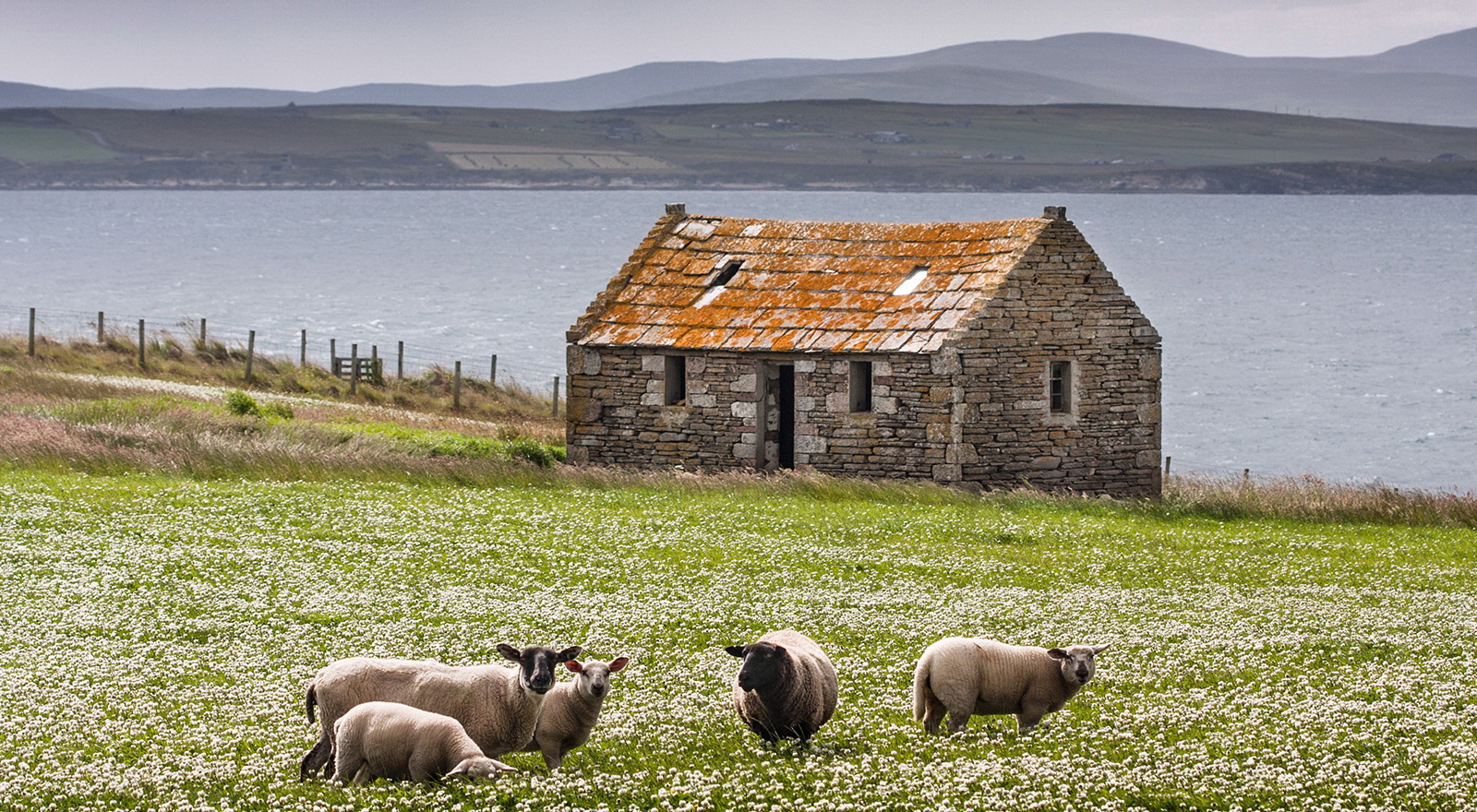
Agriculture is one of the largest beneficiaries of EU funding in the UK (56.6% in 2014 according to the 2014 EU Financial Report).
A concern for most farmers will be the future of the financial support, currently provided by the CAP, in a post-EU world.
Alex Robinson, partner in the Farming and Rural Business Team at leading law firm Wright Hassall, explains: "Until the dust settles at Westminster and we know who will be leading the exit negotiations, we cannot predict with any certainty whether or not a future government will continue current levels of support or what any alternative support system may look like.
"As matters stand, there will be no change to subsidy payments for at least two years. The EU rules (and direct and indirect payments) will continue to apply until the exit date.
"Therefore, to secure payments for 2016 and 2017 (at least) farmers will still need to comply with the rules around the Basic Payment Scheme and agri-environmental schemes.
"It must be business as usual at least until the exit date. The same applies to trading within Europe, movement of labour, and the current regulation regime.
"What happens after we formally exit the EU will depend on the trading model negotiated and the legislative framework required to support those trading agreements.
• Subsidies: the NFU is committed to lobbying the UK government to provide the same level of support currently provided under the CAP until at least 2020.
• Trade agreements: the agriculture sector exports a significant amount to the EU tariff-free.
Both the NFU and CLA are lobbying to retain some form of tariff-free trading but this might be difficult to achieve without free movement of people, identified as one of the key determinants behind the referendum result.
• Labour: agricultural seasonal workers are an important source of labour for the sector.
Given the uncertainty over the position of EU workers and migrants in the UK – and some perceived animosity towards them in some quarters – it is possible that the EU labour supply could dry up before we formally exit the EU.
This could lead to higher costs either in the form of wages to attract UK workers into the sector, or because of the strict rules for recruiting non-EU workers.
• Regulation: red tape has been a bugbear for the agriculture sector for years.
However, there is no guarantee that Brexit will reduce the amount of regulation: if we want to continue to trade with the EU, it is likely that those regulations will remain as a condition of trading.
Indeed, Professor Wyn Grant of the University of Warwick and the Farmer-Scientist Network has stated: "There is a perception in the industry that leaving the EU would reduce the burden of regulation.
"I do not think there will be a bonfire of regulations as the problem is not just from Brussels but from gold-plating by London." Much will depend on the strength of our negotiating hand.
• Research: ongoing funding for research projects is in question.
A number of the leading agricultural research companies are based in the UK (Pirbright Institute, Warwick University to name but two) so it will be down to a future UK government to determine levels of future financial support.
"Much will rely, in part, on the UK’s ability to negotiate favourable trade deals with other countries enabling it to take full advantage of global markets.
"New Zealand is held up as the poster boy for how an unsubsidised farming sector can operate successfully but how that could translate to the UK which is substantially different in many ways, remains to be seen.
"Finally, should the UK suffer an economic downturn as a result of Brexit, land prices might fall making it less attractive for investors.
"This gives farmers wanting to expand an opportunity to purchase additional land without paying what many believe are inflated prices driven up by hedge fund investors.
"All in all, we are living in uncertain times but for most people it should be ‘business as usual’.
"We hope that a future UK government will continue to support the agricultural industry and that any alternative system put in place will be an improvement on the CAP.
"However, we must also be aware that there will be many others competing for the same pot and it is possible that priorities may shift.
"We will keep a close eye on developments; in the meantime, please contact a member of our farms and estates team if you have any concerns or questions about any action you should, or should not, take."
